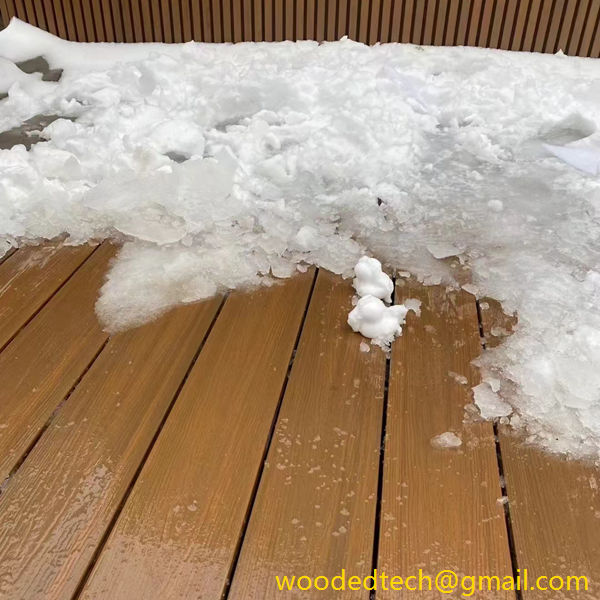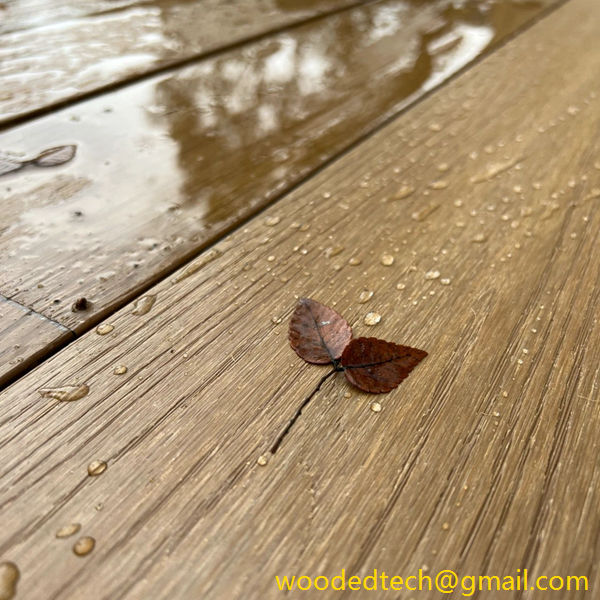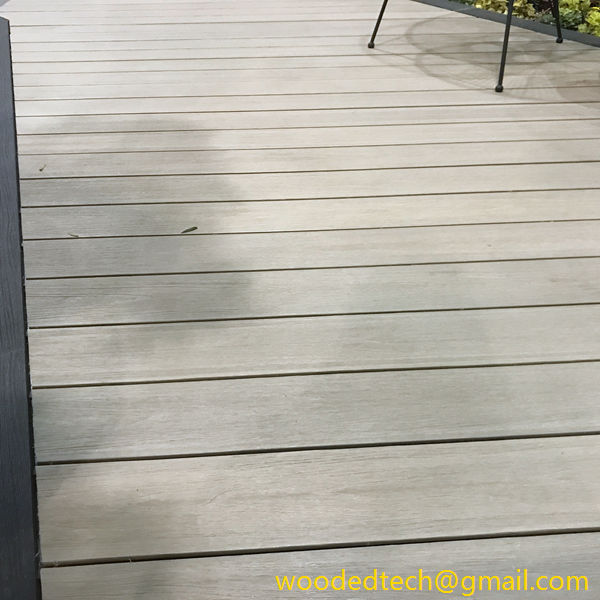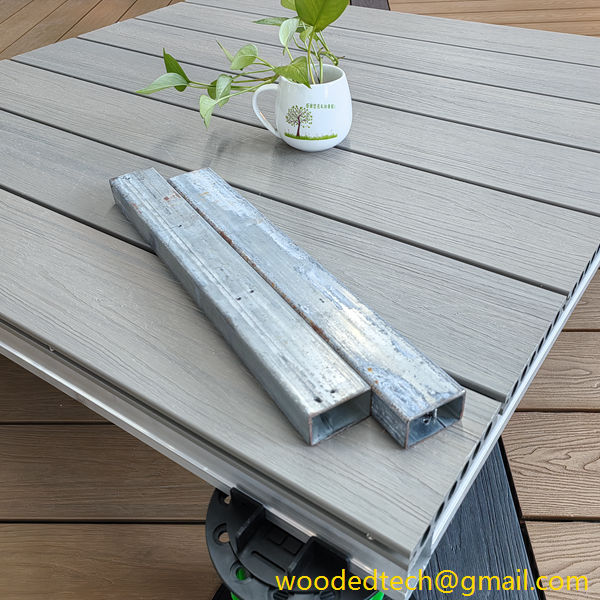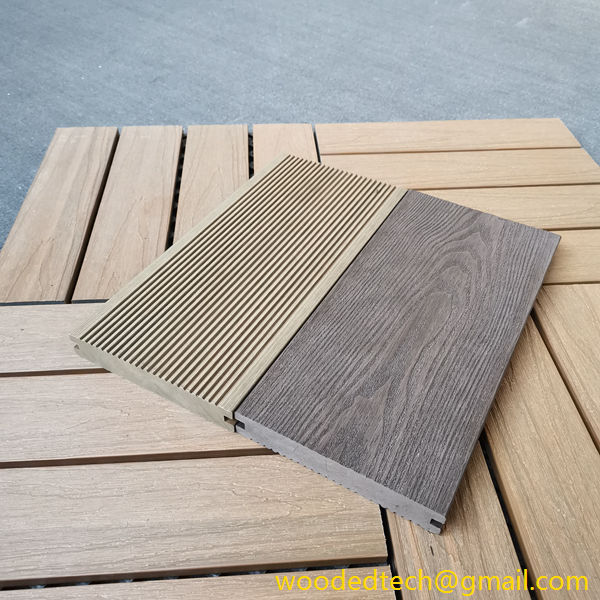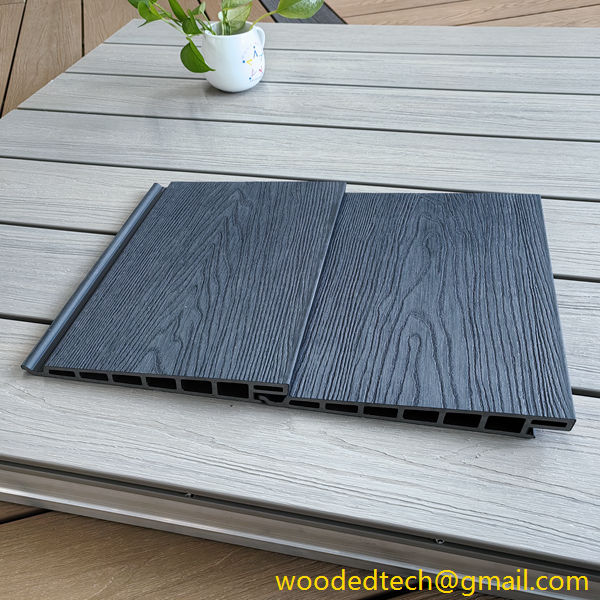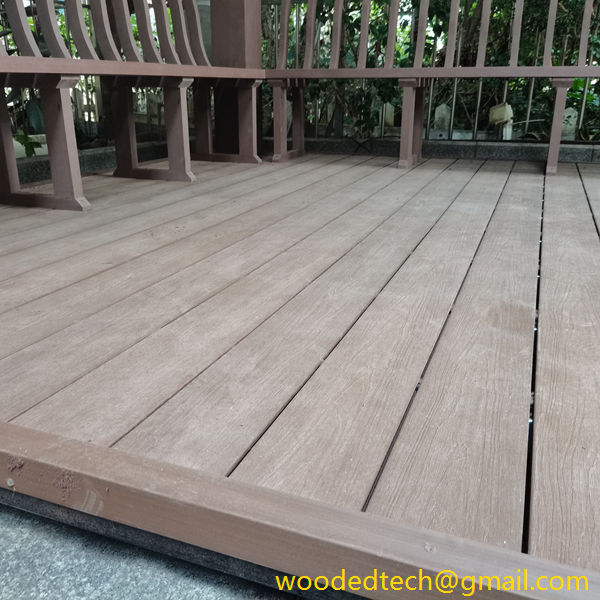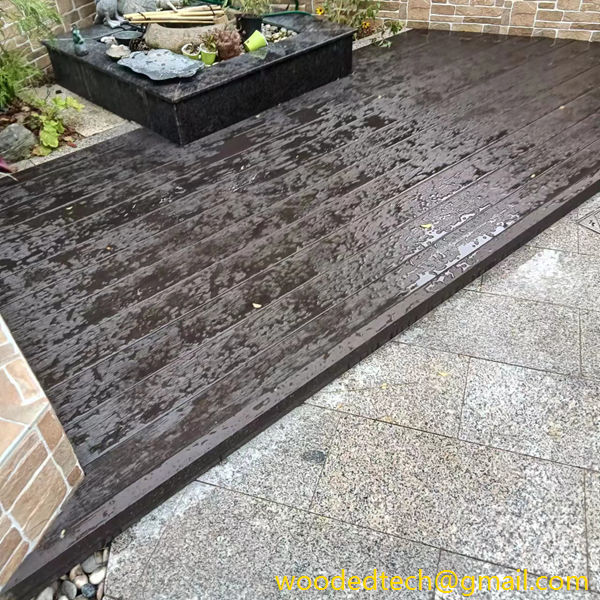Is WPC Flooring Waterproof? Key Insights
Is WPC Flooring Waterproof? Key Insights WPC flooring, or Wood Plastic Composite flooring, has gained popularity in recent years due to its unique combination of aesthetics, durability, and ease of installation. One of the most frequently asked questions about WPC flooring is whether it is waterproof. Understanding the waterproof qualities of WPC flooring is essential…
Is WPC Flooring Waterproof? Key Insights
WPC flooring, or Wood Plastic Composite flooring, has gained popularity in recent years due to its unique combination of aesthetics, durability, and ease of installation. One of the most frequently asked questions about WPC flooring is whether it is waterproof. Understanding the waterproof qualities of WPC flooring is essential for homeowners and builders alike, especially when considering areas that are susceptible to moisture, such as kitchens, bathrooms, and basements.
To address the question of waterproofing, it is important to first understand the composition of WPC flooring. WPC flooring is made from a blend of wood fibers and plastic, which provides the product with its distinctive characteristics. The wood-plastic composite core is designed to resist moisture, making WPC flooring an excellent choice for areas where traditional hardwood or laminate flooring may not perform well. In fact, many manufacturers tout WPC flooring as being 100 percent waterproof, which means it can withstand spills, humidity, and even standing water without warping or damage.
The waterproof nature of WPC flooring is primarily due to the way it is constructed. Unlike traditional hardwood flooring, which can absorb moisture and swell, WPC flooring features a closed-cell structure that prevents moisture from penetrating the core. This is particularly advantageous in high-humidity environments or in homes where spills are common. The surface layer of WPC flooring is also designed to be resistant to scratches and stains, further enhancing its durability and ease of maintenance.
Another significant benefit of WPC flooring is its installation process. Many WPC products come with a click-lock mechanism that allows for easy installation without the need for adhesive or nails. This feature not only simplifies the installation process but also reduces the overall cost of flooring projects. Homeowners can often install WPC flooring themselves, eliminating the need for hiring a professional. Additionally, since WPC flooring can be installed over many types of existing flooring, including tile and vinyl, it can save time and money during renovations.
When considering WPC flooring for a specific area in the home, it is essential to keep a few key insights in mind. While WPC flooring is waterproof, it is crucial to manage any potential water sources effectively. For instance, while the flooring itself can resist moisture, standing water should still be cleaned up promptly to prevent any long-term issues. Additionally, although WPC flooring is resistant to moisture, it is not entirely impervious to damage. Excessive water exposure over time can still lead to problems, so maintaining proper drainage and moisture management in the home is vital.
Another important consideration is the quality of the WPC flooring product. Not all WPC flooring is created equal, and the degree of waterproofing can vary between manufacturers. It is advisable to look for products that are specifically labeled as waterproof and to check for warranties that cover water damage. Many reputable manufacturers provide detailed information about the performance of their products in moist environments, so doing research before making a purchase can pay off in the long run.
In terms of aesthetics, WPC flooring comes in a wide variety of colors, patterns, and textures that can mimic the look of natural wood or stone. This versatility makes it an attractive option for many homeowners who desire the appearance of traditional flooring without the associated maintenance challenges. The ability to choose from various designs means that WPC flooring can seamlessly fit into any home decor style, from modern to rustic.
In summary, WPC flooring is indeed waterproof, making it a practical choice for areas prone to moisture. Its construction allows for resistance against spills and humidity, while its easy installation process makes it an accessible option for DIY enthusiasts. However, it is essential to manage water sources effectively and to choose high-quality products to ensure optimal performance. With its durability, aesthetic appeal, and ease of installation, WPC flooring stands out as a top contender in the flooring market, especially for those seeking a reliable solution for moisture-prone areas in their homes. Whether you’re renovating a single room or planning a complete home makeover, WPC flooring offers a compelling combination of functionality and style that can enhance your living space for years to come.

